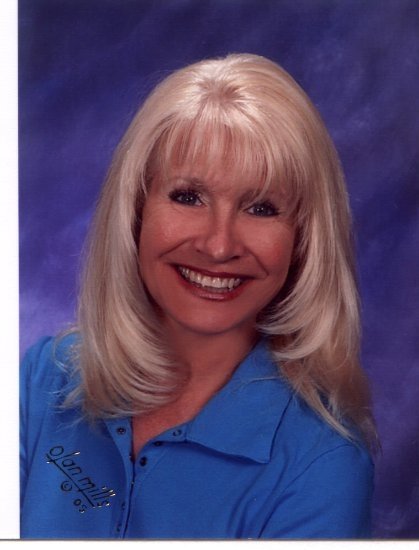Yesterday we discussed myths and facts about grief and loss, as well as listing the 5 stages of grief and loss. Today we will look a little bit further into the 5 stages.
Please allow me to remind you that if you are experiencing any of these stages and feelings, it is completely natural in the grief process. However, not every individual who is grieving experiences every stage, and that is natural for that individual. Also important to note is that in many cases, the stages do not occur within a particular order. Instead the process of grieving can often feel more like a roller coaster with the highs and lows and the ups and downs. For many this process is rougher in the beginning but will become less intense as time passes. However, do not be surprised to find that an intense feeling of grief may return even years after the loss. Holidays, birthdays, special events will often bring up an experience of intense grief.
Although the stages do not necessarily occur in a definite order, and we may often experience feelings from more than one stage at once, I will list them in the order they seem to appear in most of my reading. The descriptions given for each stage cane from a couple of articles I found at psychcentral.com. I would recommend this website for further readings on grief and loss, as the site seems to cover the subject in detail.
- Denial and shock/Denial and Isolation – Typically our first reaction to learning of a terminal illness or a death is that we refuse to believe that death will occur, or has occurred. Because the emotions are so overwhelming in this first stage, it is a normal reaction to want to deny the reality of the situation. This is a natural coping mechanism which helps to carry us through that first shock of reality.
- Anger/ Anger and guilt – As the initial feelings of denial wear off, it can be normal to feel anger. This anger can be directed toward any number of people. We want to blame someone for our loss. Sometimes we become angry with ourselves, or even with the person we lost. Anger might be directed at the doctors who diagnosed or treated our loved one. It could be directed at complete strangers, or friends or family. Recognize that this anger is a normal emotion to feel during this time and try to express it rather than keep it in – talk about these feelings with a close friend, or a support group, or a doctor in order to express the emotion in a healthy way.
- Bargaining (with ourselves or with God) – Because we feel helpless and vulnerable when grieving, we may seek to try to regain some control over the situation. We want to believe there is something we or someone else can do to change the reality. We may be thinking in terms of “if only” during this stage – if only we had done something different, if only we had sought medical attention sooner, if only we had gotten a second opinion – and the list goes on.
- Depression/Deep sadness and despair – This stage is probably experienced by most people who are grieving a significant loss. It can be the longest stage and the most difficult, as it often is related to physical symptoms, as well as emotions. In this stage we experience and work through painful memories; and even pleasant memories can bring on deep sadness. During this stage we begin to start coping with all the changes resulting from the loss.
- Acceptance – During this stage all the other emotions we felt previously (denial, anger, sadness, depression) become less intense. It is the stage where the healing begins and we have come to the place where we can accept the reality of the loss and allow the healing to begin. It does not mean that we won’t ever feel the emotions of anger or sadness again, but we are better able to cope with the emotions and we can begin to look to the future.
There is another form of grief which is acute, more intense, and prolonged. This is called “complicated grief” and we will discuss that in the next post.
Again, I will remind you that if you are grieving, you are not alone. Reach out to friends, family, a support group, or a doctor to get the support you need during this time. It is okay to feel the emotions you are feeling, and it is okay to walk your own individual journey in the grief process. There is no timeframe for grieving, but be comforted in knowing that the difficult periods typically become less intense and shorter as time goes by.
I am here for you, so please reach out when you need someone to listen or to pray for you or a family member.




Leave a Reply